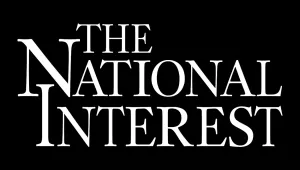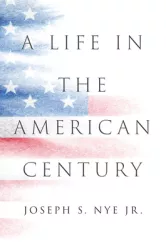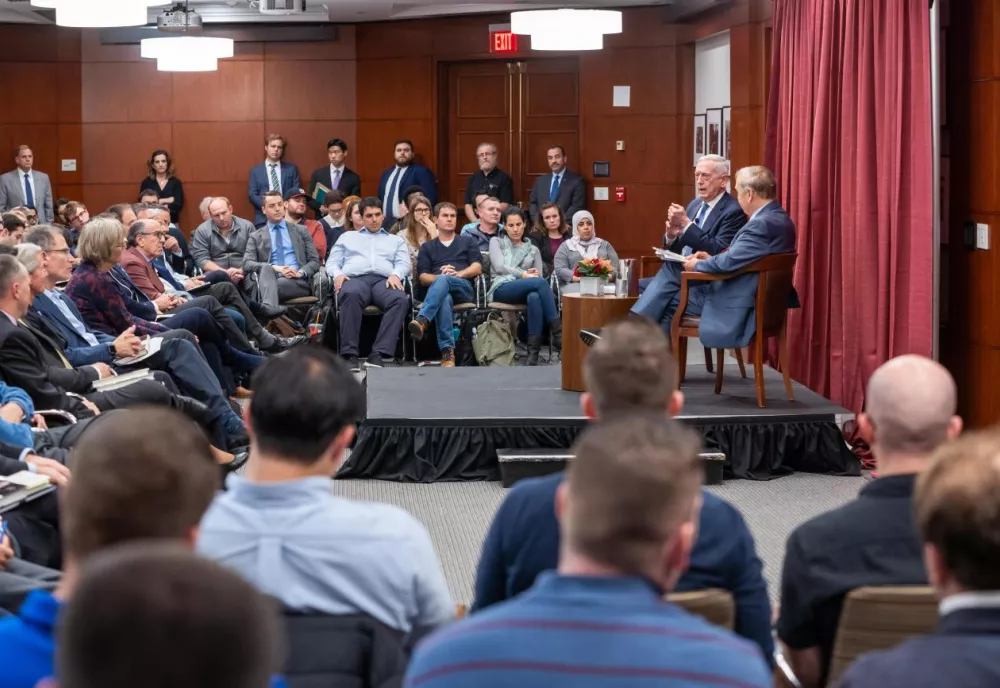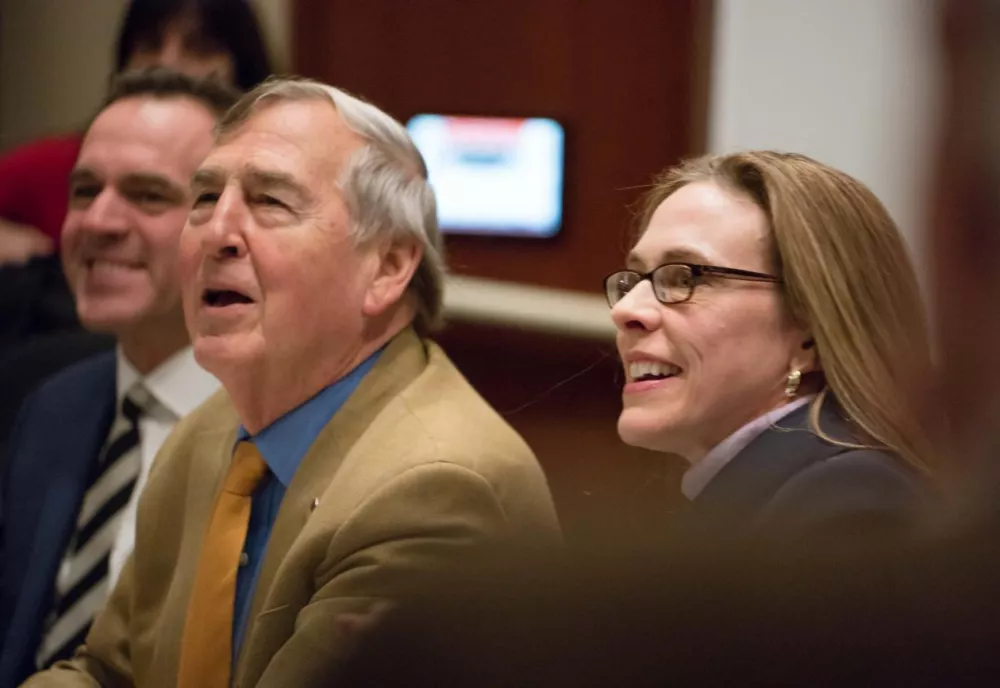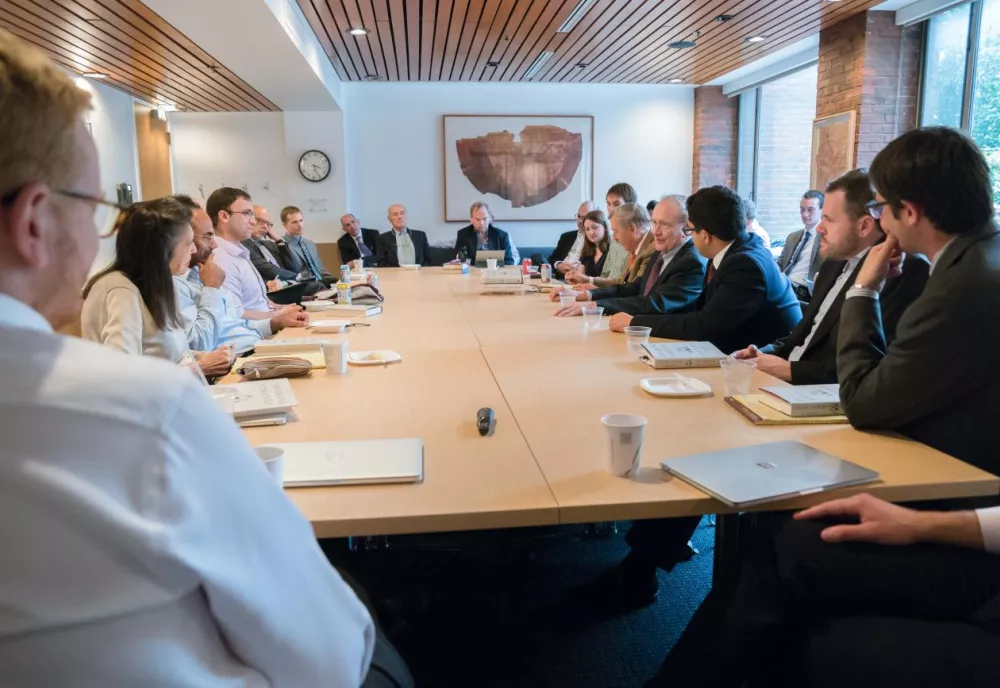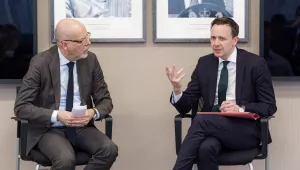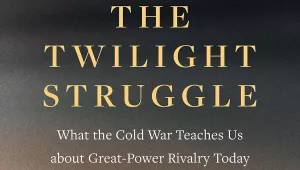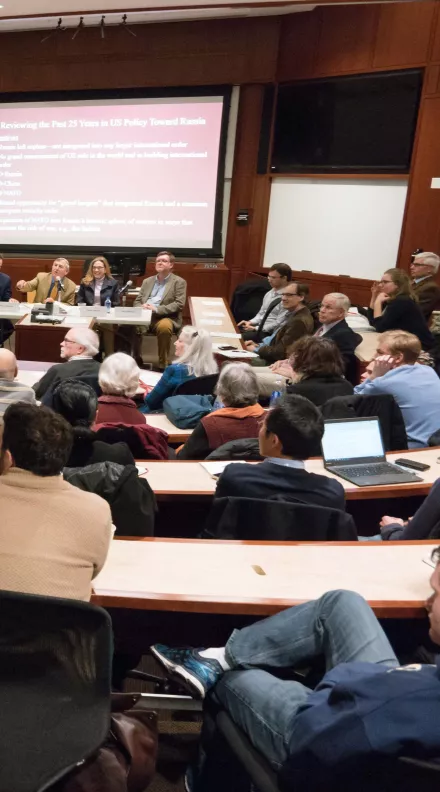
Applied History Project
-
Faculty Director

-
Co-Chair

-
Faculty

-
Visiting Scholar

About the Applied History Project
The mission of Harvard’s Applied History Project is to revitalize applied history by promoting the production and use of historical reasoning to clarify public and private challenges and choices. Founded by Professors Graham Allison and Niall Ferguson in 2016, the Applied History Project builds upon the foundation laid by Professors Ernest May and Richard Neustadt in the 1980s, reflected in their book Thinking in Time: The Uses of History for Decision Makers.
Advancing its mission, the Project sponsors the Applied History Working Group of faculty members across Harvard University to organize discussions with scholars and practitioners; supports historians and policymakers in producing Applied History; develops courses in Applied History; funds the Ernest May Fellowships in History and Policy for pre- and post-doctoral students; and holds Applied History Events open to the Harvard Community and the public. Harvard’s project is one of the leaders among a rapidly expanding network of universities and think tanks that are furthering the discipline of Applied History by clarifying predicaments and choices to inform better decisions.
The Project gratefully acknowledges the Stanton Foundation's generous support for its Applied History endeavors.
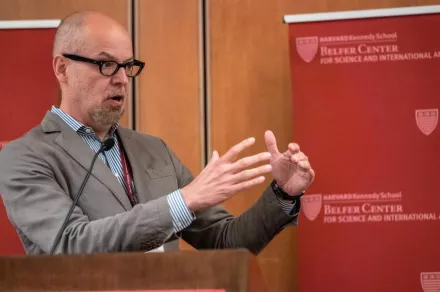
Applied History Course
"Reasoning from the Past: Applied History and Decision Making," taught by Fredrik Logevall, provides a basis for using history as a tool for analyzing foreign, security, and scientific policy, calling attention to some common fallacies in reasoning from history and discussing ways to avoid them.
Our Work
The Applied History project sponsors events, publishes a newsletter, and supports a course at the Kennedy School to fulfill its mission of promoting the production and use of historical reasoning in policymaking.
Applied History This Week: March 1, 2026
Quote of the Week
“The people are the ultimate guardians of their own liberty. History by apprising them of the past will enable them to judge of the future; it will avail them of the experience of other times and other nations; it will qualify them as judges of the actions and designs of men; it will enable them to know ambition under every disguise it may assume; and knowing it, to defeat its views.” –Thomas Jefferson, “Notes on the State of Virginia” (1785)
Article of the Week
“The long, sad history of U.S. regime change promises” – Robert Satloff, The Washington Post, March 2, 2026.
Adding to the historical examples of regime change to which most Americans naturally turn—Afghanistan in 2001 and Iraq in 2003—Satloff suggests that Trump’s current encouragement for Iranians to overthrow the government may be more similar to FDR’s promise to help North Africans expel their Vichy rulers during WWII or George H.W. Bush’s call for Iraqis to “take matters into their own hands” in 1991. Both presidents opportunistically abandoned those maximalist entreaties, he writes. FDR "cut a Delcy Rodriguez-in-Venezuela-type deal” when a pliable leader of the existing regime appeared, and Bush chose to limit American involvement in the Gulf rather than reinforce Iraqi revolutionaries, whom Saddam defeated.

